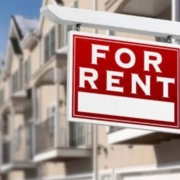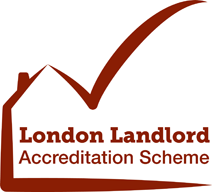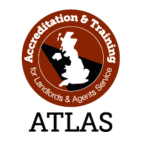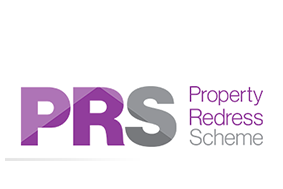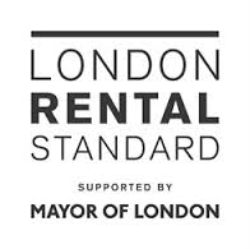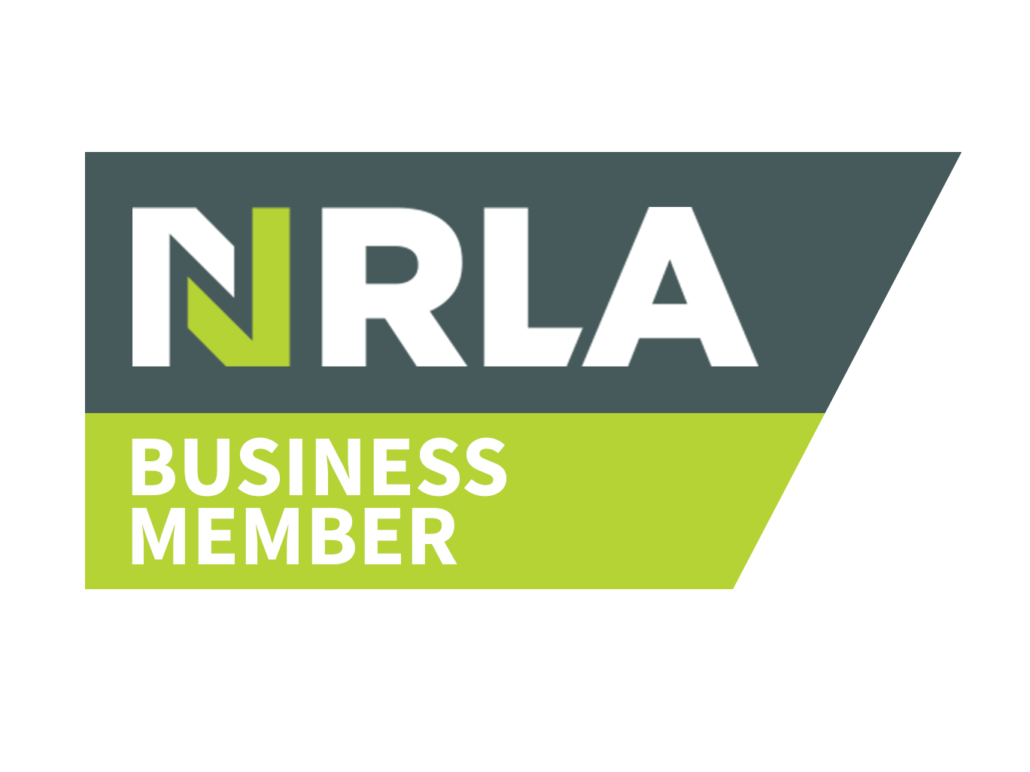A Comprehensive Guide to Property Management in London
With its dynamic real estate market and diverse tenant population, property management in London can be challenging for landlords. Numerous intricacies exist, from finding and screening tenants to ensuring the property’s maintenance. A comprehensive guide to property management aims to equip landlords with the knowledge and strategies needed to manage their investments in the bustling city of London effectively. This resource will help you navigate the complexities of property management in one of the world’s most competitive markets.
-
Tenant Screening Process
One of the most critical aspects of successful property management is selecting reliable and responsible tenants. The tenant screening process helps landlords make informed decisions about potential renters. Here’s a breakdown of the critical steps:
Keywords: Tenant Screening Process, London Tenant Selection
- Application Process: Require all prospective tenants to complete a comprehensive application form, including personal and financial information.
- Background Checks: Conduct thorough background checks, including credit history, rental history, and criminal background checks.
- Reference Checks: Contact previous landlords and personal references to verify the tenant’s reliability and rental history.
- Income Verification: Ensure that tenants have a stable source of income to cover rent payments. Typically, landlords look for tenants whose income is at least three times the rent.
- Meeting in Person: Arrange a face-to-face meeting with prospective tenants to assess their suitability and demeanour.
- Lease Agreements: Once a suitable tenant is selected, draft a transparent and legally compliant lease agreement outlining the rental terms and conditions.
-
Effective Rent Collection
Consistent rent collection is crucial for financial stability as a landlord. Implementing efficient rent collection practices can help you avoid late or missed payments.
- Clear Rent Due Dates: Specify the rent due date in the lease agreement and communicate it to tenants. Consistency is key.
- Electronic Payments: Encourage tenants to make electronic rent payments, which are convenient and help avoid delays.
- Automated Reminders: Utilize property management software to send automated rent reminders to tenants, reducing the likelihood of late payments.
- Late Fees: Include a late fee policy in the lease agreement to incentivise on-time payments.
- Receipts: Always provide tenants with receipts for rent payments to maintain transparency.
-
Property Maintenance and Upkeep
Maintaining the property in good condition is essential for tenant satisfaction and the long-term value of your investment.
- Regular Inspections: Conduct regular property inspections to identify maintenance issues early and address them promptly.
- Scheduled Maintenance: Develop a maintenance schedule that includes HVAC servicing, gutter cleaning, and pest control.
- Emergency Response: Have a plan to address urgent maintenance issues, such as plumbing leaks or electrical problems.
- Tenant Communication: Maintain open communication with tenants and encourage them to report maintenance concerns promptly.
- Energy Efficiency: Consider energy-efficient upgrades, such as improving insulation or installing energy-efficient appliances, to reduce utility costs and attract eco-conscious tenants.
-
Tenant Relations and Conflict Resolution
Building positive tenant relations is essential for a harmonious rental experience. Here are some best practices:
- Effective Communication: Keep lines of communication open and respond promptly to tenant inquiries or concerns.
- Respect Privacy: Respect tenants’ privacy rights and provide proper notice before entering the property for inspections or repairs.
- Handling Disputes: Develop a process for handling tenant disputes or complaints professionally and within the boundaries of rental regulations.
- Tenant Feedback: Encourage tenant feedback and consider their suggestions for property improvements or changes.
- Lease Renewals: Offer tenants the option to renew their lease, promoting long-term relationships and reducing vacancy periods.
-
Legal Compliance and Local Regulations
Compliance with local rental regulations and laws is essential to avoid legal issues. Stay informed about the specific requirements in London.
- Right-to-rent Checks: Checking your tenant’s right to rent is essential to ensure that you conduct proper right-to-rent checks and verify tenants’ immigration status.
- Deposit Protection: Comply with deposit protection regulations by registering tenants’ security deposits in a government-approved scheme.
- Safety Standards: Adhere to safety standards, including gas and electrical safety, fire safety, and safe furniture and furnishings.
- Eviction Procedures: Familiarize yourself with the legal procedures for eviction in case of non-payment or breach of the lease agreement.
Property management in London encompasses a range of responsibilities, from tenant screening to property maintenance and legal compliance. By following the best practices outlined in this comprehensive guide, landlords can effectively navigate the complexities of property management, maximise their investments, and maintain successful landlord-tenant relationships in this dynamic city.


